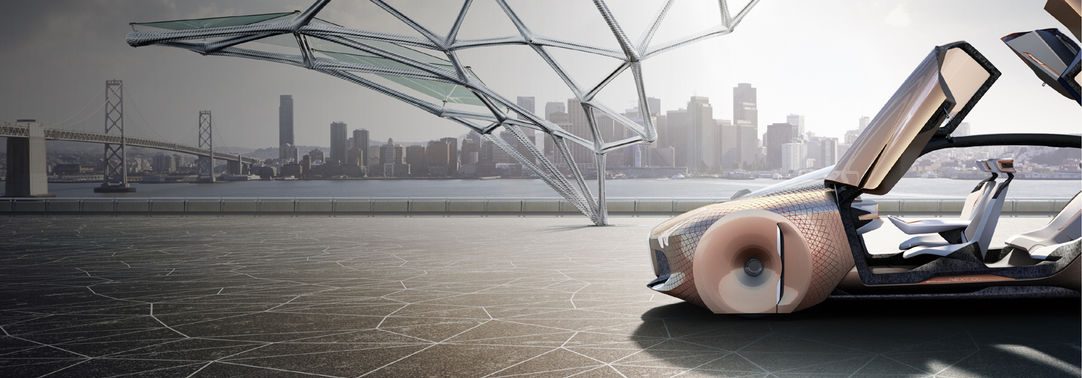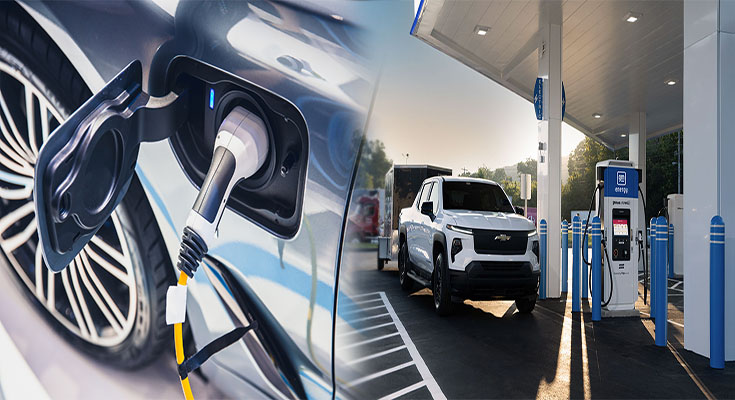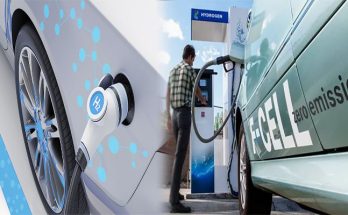As the electric vehicle (EV) industry continues to grow, the availability and accessibility of electric car charging infrastructure is becoming increasingly important. A robust and reliable charging network is essential to support the widespread adoption of electric cars and alleviate consumer concerns about range anxiety. In this article, we will explore some of the latest trends in electric car charging infrastructure development and their implications for the future of electro-mobility.
1. Expansion of Fast Charging Networks
Fast charging networks are a critical component of electric vehicle charging infrastructure. These high-power charging stations can provide a significant amount of charge in a short period, allowing EV drivers to quickly replenish their vehicle’s battery and continue their journey. One notable trend in charging infrastructure development is the expansion of fast-charging networks by both private and public entities. This expansion is designed to enhance convenience for EV drivers, reduce range anxiety, and encourage the adoption of electric cars.
2. Deployment of Smart Charging Systems
Smart charging systems are another emerging trend in electric car charging infrastructure development. These systems utilize advanced software and communication technologies to optimize the charging process, taking into account power grid demand, time-of-use pricing, and other factors. Smart charging systems can not only improve the efficiency and reliability of EV charging but also reduce the overall cost of electricity for drivers and the grid.
3. Integration with Renewable Energy Sources
The integration of electric car charging infrastructure with renewable energy sources is a growing trend in electro-mobility. By deploying charging stations that are powered by solar, wind, or other renewable sources, the carbon footprint of electric vehicles can be further reduced. This integration also has the potential to improve the grid’s stability and resiliency, as EV charging can serve as a demand response resource for balancing power supply and demand.
4. Emergence of Wireless Charging Technology
Wireless charging technology is an innovative trend that is beginning to gain traction in the electric car charging infrastructure market. This technology utilizes magnetic fields to transfer energy wirelessly between an EV and a charging pad, eliminating the need for physical contact between the vehicle and charging equipment. Wireless charging has the potential to enhance the convenience and safety of EV charging, as drivers no longer need to handle cables and connectors.
5. Integration with Mobility Services
The integration of electric car charging infrastructure with mobility services is another trend that is expected to shape the electro-mobility landscape. This integration can take various forms, from vehicle-to-grid services that allow EV owners to sell excess electricity back to the grid to charging stations that are incorporated into ride-sharing and car-sharing networks. By combining charging infrastructure with other forms of mobility services, the industry can enhance the overall convenience and flexibility of electric vehicles.
The trends in electric car charging infrastructure development discussed in this article demonstrate the critical role that charging networks play in the widespread adoption of electric vehicles. The trends of expanding fast charging networks, deploying smart charging systems, integrating with renewable energy sources, incorporating wireless charging technology, and integrating with mobility services are poised to enhance the convenience, reliability, and sustainability of electric car charging. These trends highlight the importance of collaboration and innovation across the electric car charging infrastructure market, paving the way for a future where electro-mobility becomes the norm.





